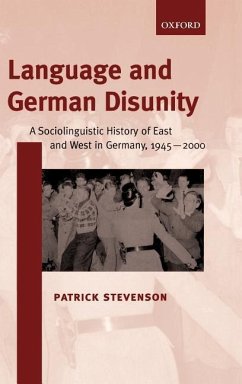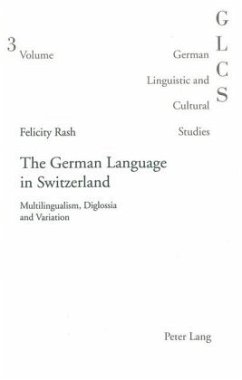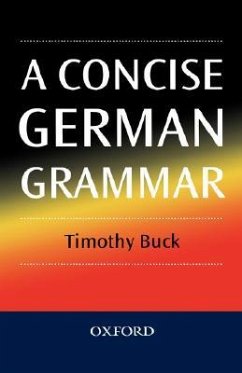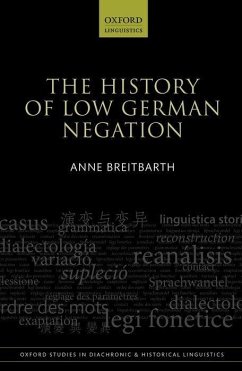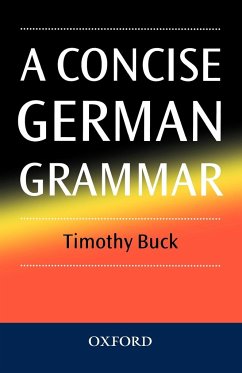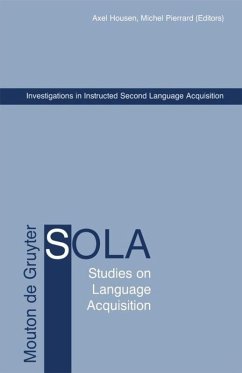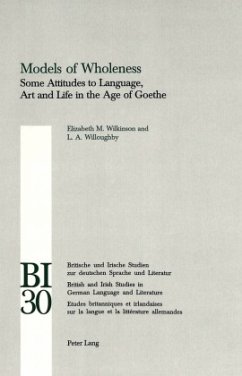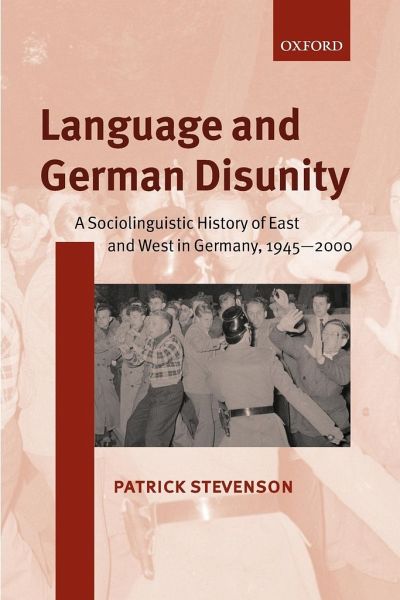
Language and German Disunity
A Sociolinguistic History of East and West in Germany, 1945-2000

PAYBACK Punkte
33 °P sammeln!
The author discusses the challenges imposed on east Germans by the sudden formation of a single 'speech community' and examines how conflicting representations of easterners and westerners - for example, in personal interactions, the media, and advertising - have hindered progress towards national unity. German division and re-unification were crucial to the development of Europe in the second half of the twentieth century. This fascinating account of the relationship between language and social conflict in Germany throws new light on these events and raises important questions for the study of divided speech communities elsewhere. The book will interest sociolinguists, historians, sociologists, and political scientists.
This book explores the much contested concept of Germanness from a contemporary sociolinguistic perspective, tracing continuities and discontinuities in the development of Germany as a speech community from the formal division in the aftermath of the Second World War to the uncomfortable and problematic unity of the present day.





